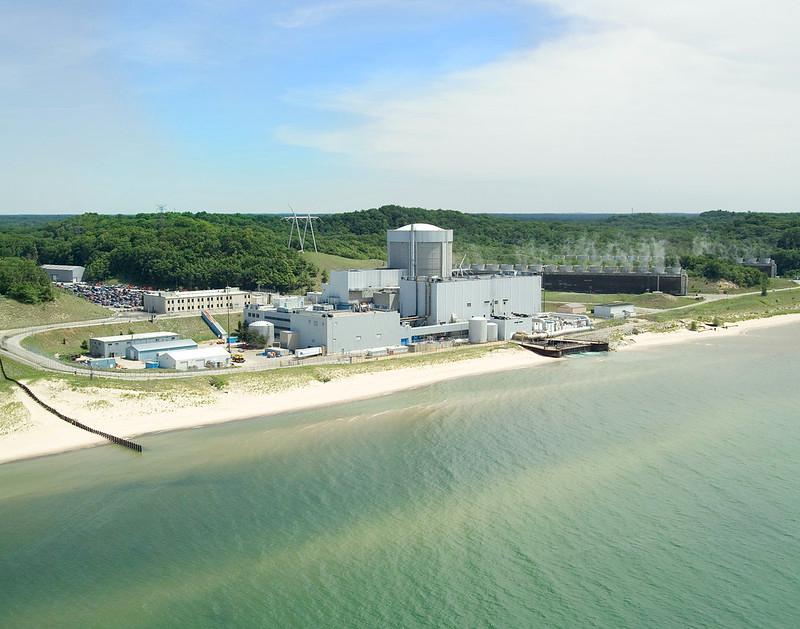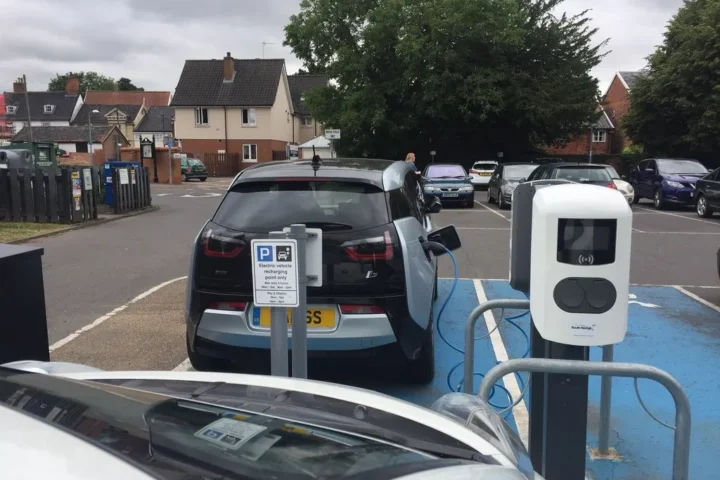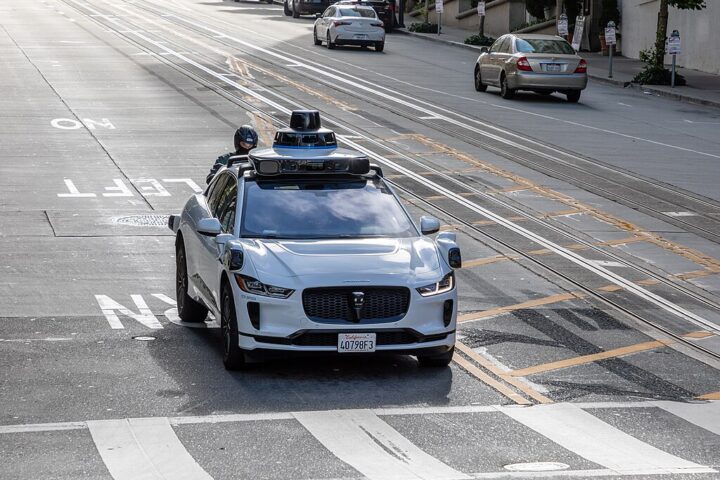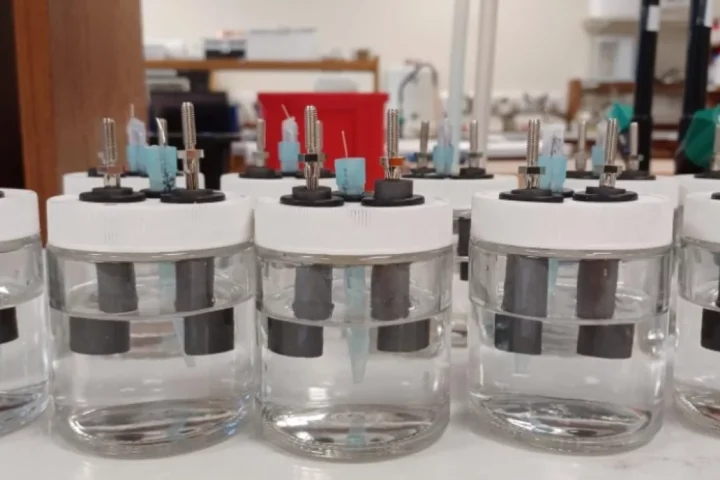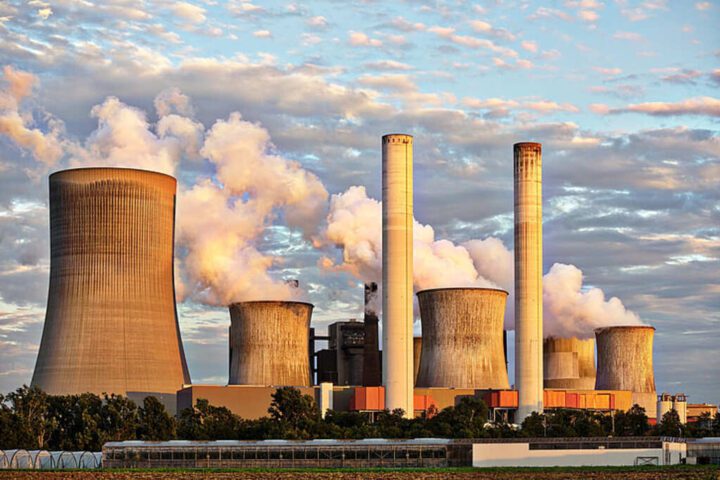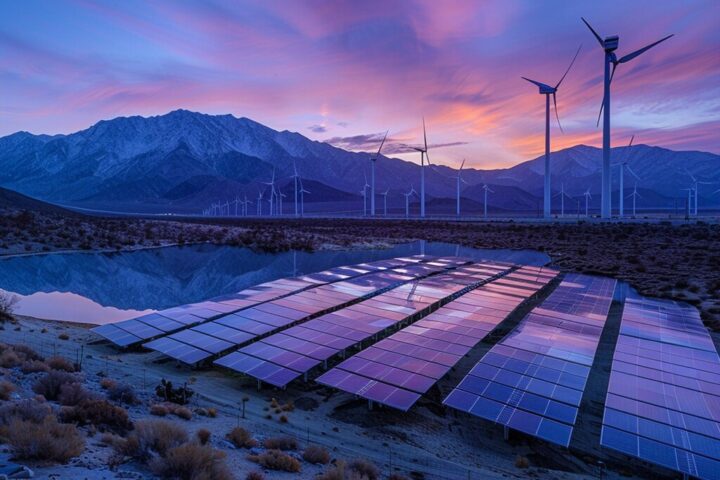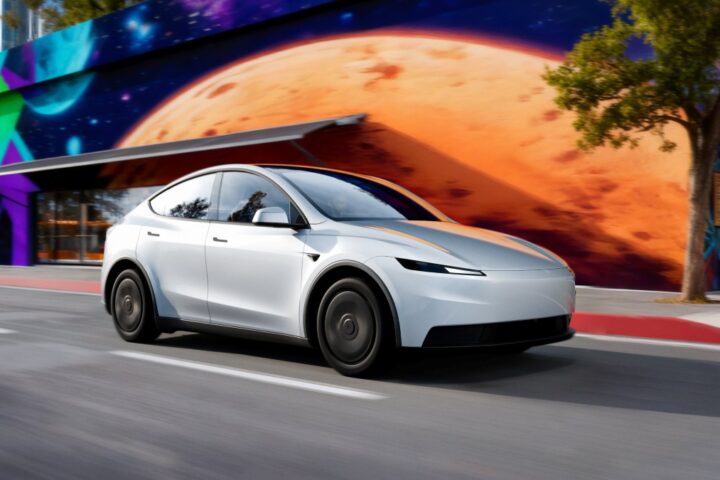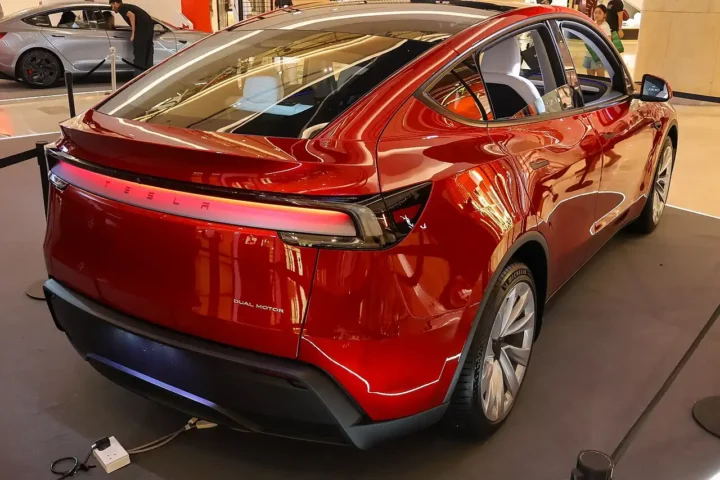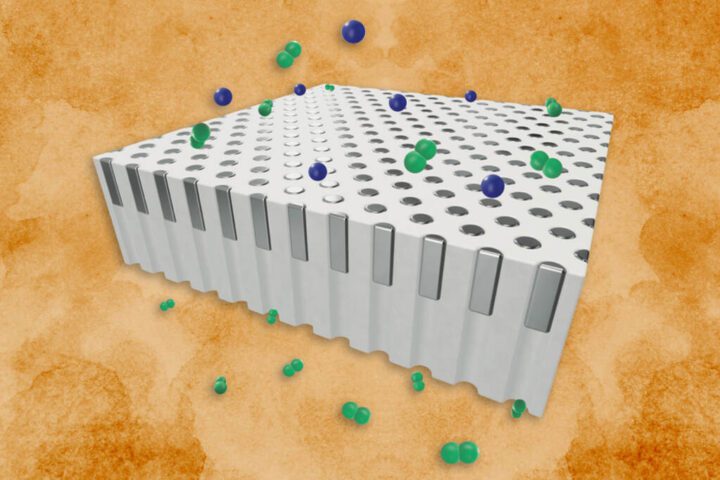In a milestone decision, the Nuclear Regulatory Commission (NRC) has approved Holtec International’s request to restart Michigan’s Palisades nuclear plant. This marks the first time in U.S. history that a decommissioned nuclear facility has been authorized to return to operational status.
The 800-megawatt reactor, which previously powered around 800,000 homes before shutting down in May 2022, received regulatory approval to load nuclear fuel and transition licensed operators to on-shift status. Holtec aims to have the plant back online by late 2025, adding crucial carbon-free power to Michigan’s energy portfolio.
“This is a proud and historic moment for our team, for Michigan, and for the United States,” said Kelly Trice, President of Holtec International. “The NRC’s approval represents an unprecedented milestone in U.S. nuclear energy. Our mission remains clear: to restart Palisades safely, securely, reliably—and to support local jobs and economic growth for decades to come.”
The NRC’s decision follows months of technical evaluations and represents a regulatory first. After completing an environmental assessment, the commission issued a Finding of No Significant Impact (FONSI) in June 2025, clearing a critical hurdle for the restart.
The plant’s journey hasn’t been straightforward. After operating since 1971, Entergy shut down Palisades in May 2022. Holtec purchased the facility the following month with initial plans for decommissioning. However, economic factors, grid reliability concerns, and clean energy goals prompted a change in strategy.
Holtec’s first application for the Department of Energy’s Civil Nuclear Credit program was denied in November 2022, but a subsequent application opened the door for federal support. The company secured a conditional $1.5 billion loan commitment from the DOE, earmarked for system upgrades and safety enhancements.
The restart brings substantial economic benefits to southwest Michigan. According to reports, Palisades will preserve 600 high-skilled jobs on-site and support approximately 1,100 additional positions regionally, generating an estimated $363 million in economic activity.
A long-term power purchase agreement signed with Wolverine Power Cooperative in September 2023 ensures revenue stability for the plant’s output.
Michigan Governor Gretchen Whitmer has expressed support for the project, noting its alignment with the state’s goal of 100% clean electricity by 2040. A March 2024 Michigan Public Service Commission study confirmed nuclear power’s importance for achieving these targets.
Holtec is conducting extensive testing, inspections, and maintenance on reactor coolant pumps, safety systems, and control room equipment under NRC oversight. The company must complete several technical steps before full operations resume.
Holtec is now authorized to load fresh nuclear fuel once final preparatory work is complete, and has said it will continue intensive inspections and maintenance of major safety systems under NRC oversight.
Beyond restarting the existing reactor, Holtec plans to deploy two of its SMR-300 small modular reactors at the Palisades site by 2030. These advanced units would add approximately 600 MW of additional capacity.
The company cites growing electricity demand from artificial intelligence, data centers, and general electrification as drivers for nuclear expansion. The loan guarantee from DOE partially supports this development.
While many stakeholders welcome the restart, some environmental groups have expressed concerns. Beyond Nuclear has raised questions about operational safety and potential impacts on the Great Lakes Basin.
Industry experts point out that bringing a dormant nuclear plant back to life presents unique technical challenges, though Holtec maintains that comprehensive testing and NRC oversight ensure safety standards are met.
The Palisades restart comes amid growing interest in nuclear energy nationwide. The plant’s successful return to service could establish a template for other nuclear facilities facing premature closure due to economic pressures.
